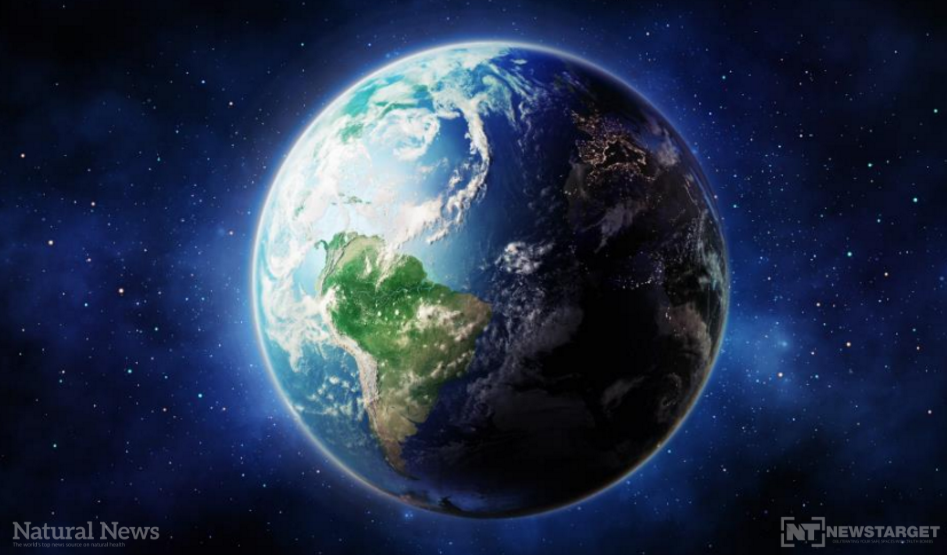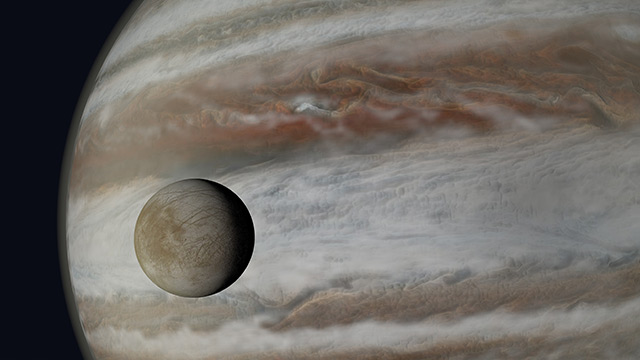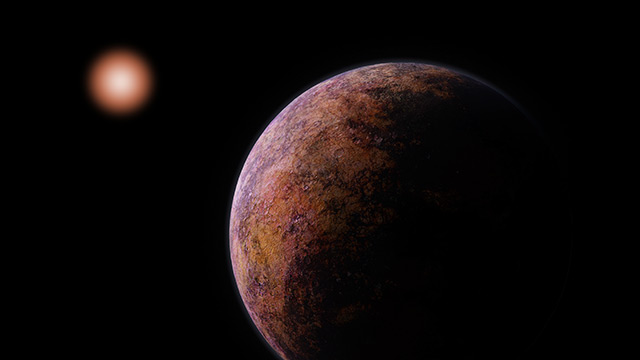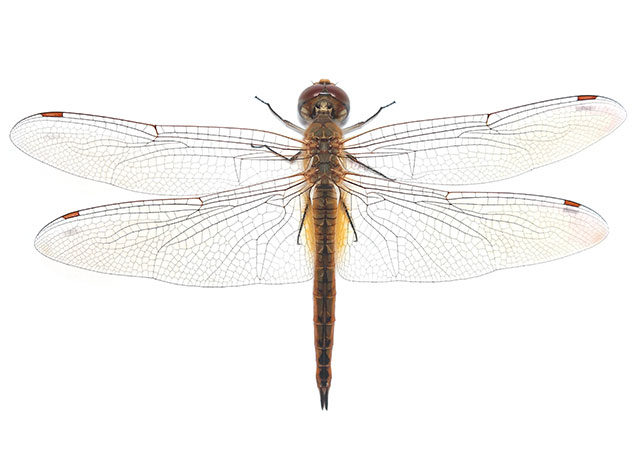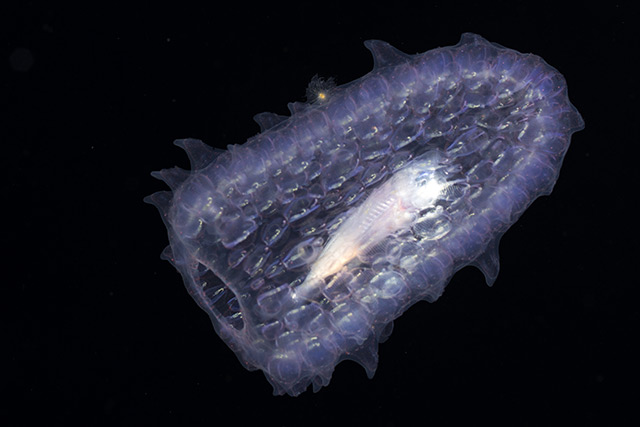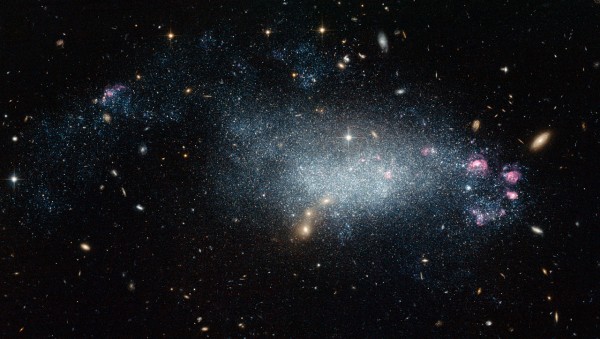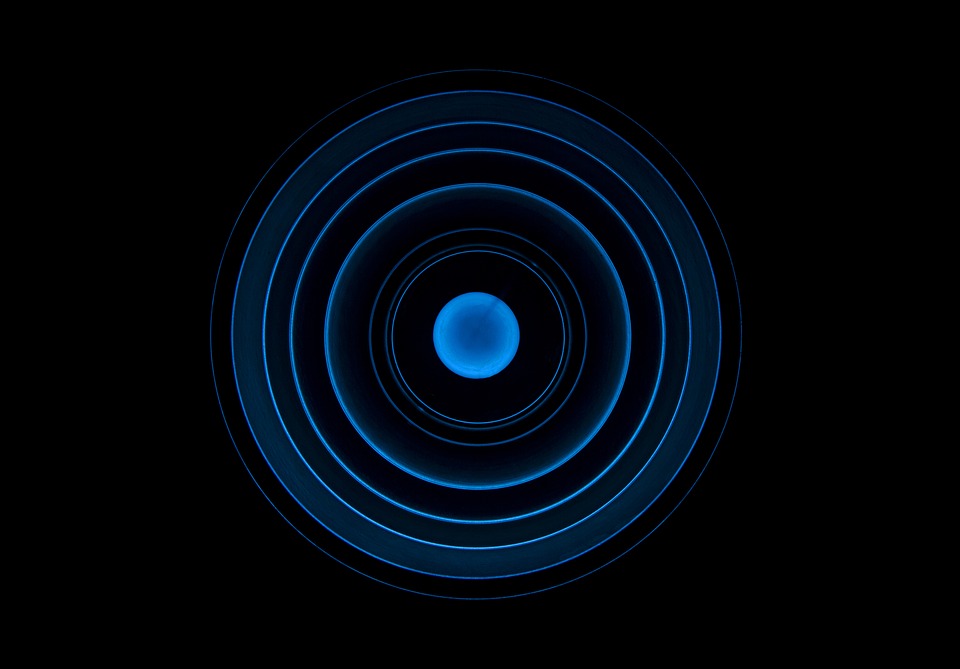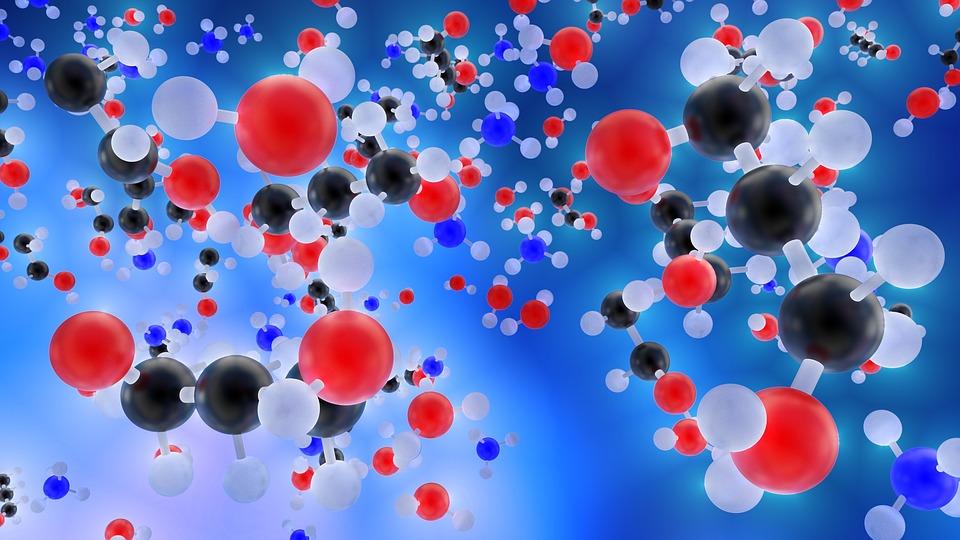Before the moon, there was water on Earth.
This was the conclusion a group of scientists arrived upon after they studied lunar rocks from all six of the Apollo missions and investigated volcanic rocks from the Earth’s oceans.
The research team, led by Richard Greenwood of Open University, a distance learning and research university in England, compared the oxygen content of Earth rocks and lunar samples the Apollo astronauts brought with them. Their analysis showed a very slight three to four-parts-per-million difference between the two. They found “no significant difference” between the lunar and the Earth samples when it comes to olivine, a common mineral found beneath the surface of the Earth.
The researchers believed their findings support the theory that the moon was formed from a cataclysmic collision between proto-Earth and a solid object the size of Mars around 100 million years after our solar system was formed. The collision resulted in an almost total “mixing” of the proto-Earth and the impactor, plus a retention of as much as 70 to 95 percent of water on Earth.
The research team added that their data proves that giant additions to the Earth brought by the high-impact collision could have contributed between five and 30 percent of Earth’s water. As a result, the biggest chunk of the Earth’s water was present before, not after, the collision that formed the moon.
Greenwood commented that their research also showed that water is so resilient, it can survive something as catastrophic as a collision between two planets.
The research team believed their findings could have implications for exoplanet habitability. Studies of other planetary systems indicate that many faraway systems likely underwent similar chaotic collisions during the early stage of their formation as well. This made scientists speculate about the amount of water found on in these distant worlds.
Greenwood is fascinated at the prospect that what’s possible for the Earth and the moon, can also apply for planets beyond our solar system. This could mean that there are planets out there that contain bodies of water, too. He adds that where there’s water, life could not be far behind.
Exploring those possibilities seems not too far off, as scientists have compiled a list of worlds beyond our solar system that have water – and therefore – might have life as well.
Scientists have also listed planets and moons inside our solar system that have water, and therefore, may have life. These include:
- Enceladus – This tiny moon orbiting near Saturn’s ring has a high probability of having a warm, wet, salty ocean. Enceladus spews 1,000 tons of water into space, along with salt and other materials, hourly. This suggests a warm ocean, courtesy of Saturn’s tidal effects.
- Europa – This moon orbiting Jupiter is still the strongest contender for life. Its craggy icy crust hints that it hides an ocean below it. Jupiter’s tidal effects (friction inside Europa care of the planet’s gravity) has allowed the water to stay liquid, possibly warm under the icy crust. There’s proof of ice geysers shooting from the surface, as well as Hadley Cells, or warm water from Europa’s equator. Europa may even harbor complex life forms.
- Ganymede – Astronomers had long suspected that this large moon – the biggest in our solar system — has a warm salty ocean under its 100-mile-thick icy crust.This possibility of life in our solar system makes the universe as fascinating as ever. Now it’s up to science, and space explorers to see what else lies beyond the world as we know it today.
Learn more about the Earth, the moon, and other planets by heading to Space.news today.
Sources include:
Seeker.com
PopularMechanics.com

